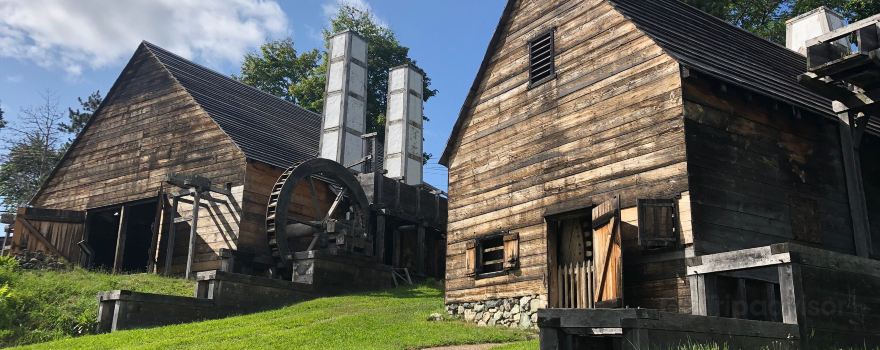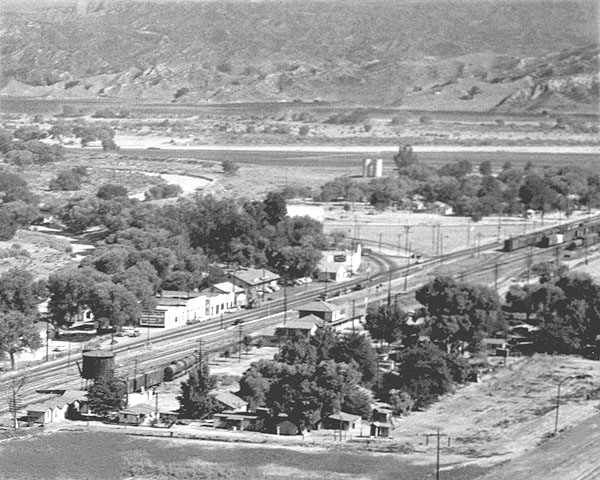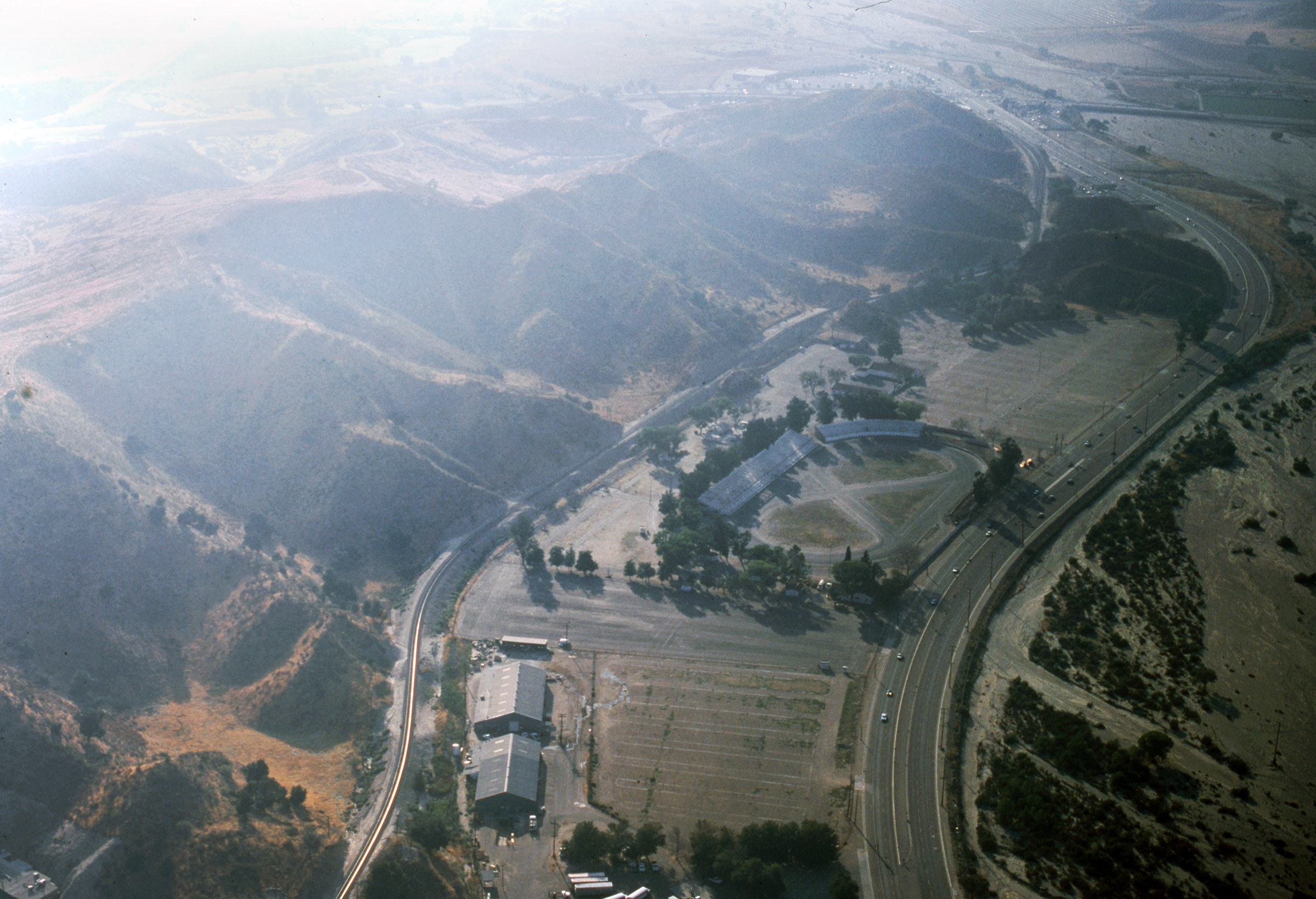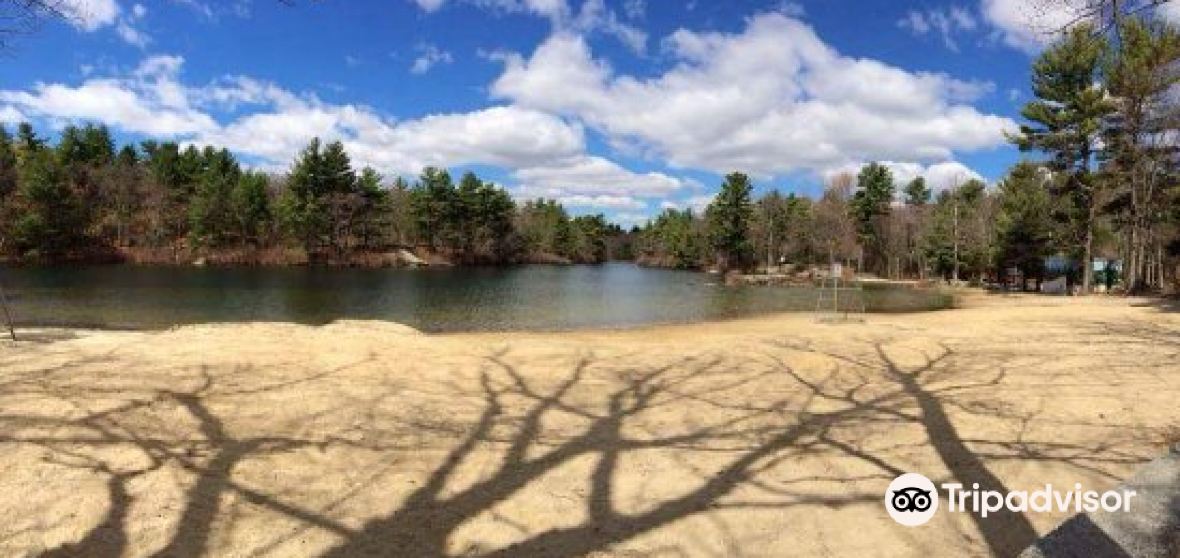A Comprehensive Guide to Saugus, California: Exploring its Past, Present, and Future
Related Articles: A Comprehensive Guide to Saugus, California: Exploring its Past, Present, and Future
Introduction
With enthusiasm, let’s navigate through the intriguing topic related to A Comprehensive Guide to Saugus, California: Exploring its Past, Present, and Future. Let’s weave interesting information and offer fresh perspectives to the readers.
Table of Content
A Comprehensive Guide to Saugus, California: Exploring its Past, Present, and Future

Saugus, California, a charming city nestled in the Santa Clarita Valley, boasts a rich history and a vibrant present, making it a captivating destination for residents and visitors alike. Understanding the layout and evolution of Saugus requires a comprehensive look at its map, which serves as a visual key to unlocking its unique character and potential.
A Glimpse into the Past: Tracing the Evolution of Saugus on the Map
The map of Saugus tells a story of transformation, beginning with its origins as a Native American settlement. The Tongva people, known for their connection to the land, inhabited the area long before European arrival. The arrival of Spanish explorers in the 18th century marked a significant shift, leading to the establishment of Rancho San Francisco, a vast land grant encompassing present-day Saugus.
The 19th century brought further changes, with the arrival of settlers and the development of agriculture. The map reveals the emergence of ranches and farms, showcasing the area’s agricultural significance. The construction of the Southern Pacific Railroad in the late 19th century further connected Saugus to the wider world, paving the way for its growth.
Navigating the Present: A Look at Saugus’s Modern Landscape
The map of Saugus today reflects its evolution into a thriving suburban community. The city is characterized by a mix of residential areas, commercial centers, and natural spaces. The map highlights major thoroughfares, including Bouquet Canyon Road, Soledad Canyon Road, and the Golden State Freeway, connecting Saugus to neighboring cities and the broader Los Angeles metropolitan area.
Saugus’s modern landscape is marked by several notable landmarks, including the historic Saugus Train Depot, the vibrant Newhall Ranch development, and the picturesque Santa Clarita Valley Museum of Art. These landmarks, visible on the map, contribute to the city’s unique character and attract visitors seeking a blend of history, culture, and modern amenities.
Unveiling the Future: Planning for Growth and Development
The map of Saugus serves as a blueprint for future development, guiding efforts to balance growth with the preservation of its natural beauty and historical heritage. The city’s comprehensive plan outlines strategies for creating vibrant mixed-use developments, expanding recreational opportunities, and enhancing transportation infrastructure.
The map highlights areas designated for future expansion, including the planned development of the Newhall Ranch project, which aims to create a self-sufficient community with diverse housing options, commercial spaces, and recreational facilities. The map also showcases ongoing efforts to improve connectivity and pedestrian access, ensuring a sustainable and livable future for Saugus.
FAQs about the Map of Saugus, California
Q: What are the major landmarks in Saugus, California?
A: Saugus boasts several notable landmarks, including the historic Saugus Train Depot, the vibrant Newhall Ranch development, and the picturesque Santa Clarita Valley Museum of Art.
Q: What is the significance of the Southern Pacific Railroad in Saugus’s history?
A: The construction of the Southern Pacific Railroad in the late 19th century played a crucial role in connecting Saugus to the wider world and facilitating its growth.
Q: What are the major thoroughfares in Saugus, California?
A: Major thoroughfares in Saugus include Bouquet Canyon Road, Soledad Canyon Road, and the Golden State Freeway, connecting the city to neighboring cities and the broader Los Angeles metropolitan area.
Q: What are the future development plans for Saugus?
A: The city’s comprehensive plan outlines strategies for creating vibrant mixed-use developments, expanding recreational opportunities, and enhancing transportation infrastructure. The map highlights areas designated for future expansion, including the planned development of the Newhall Ranch project.
Tips for Using the Map of Saugus, California
- Explore the historical landmarks: Use the map to locate and visit the Saugus Train Depot, the Newhall Ranch development, and the Santa Clarita Valley Museum of Art.
- Discover the city’s natural beauty: The map highlights parks, trails, and open spaces, offering opportunities for outdoor recreation and exploration.
- Navigate the city efficiently: The map provides a clear understanding of Saugus’s road network, allowing for easy navigation and exploration.
- Plan your future visits: Use the map to identify areas designated for future development and plan your future visits to see how the city is evolving.
Conclusion
The map of Saugus, California, is more than just a geographical representation; it is a visual chronicle of the city’s past, present, and future. It reveals a rich history, showcases a vibrant present, and outlines ambitious plans for growth and development. Whether you are a resident or a visitor, understanding the map of Saugus provides a deeper appreciation for its unique character and potential, fostering a connection to this charming city in the heart of the Santa Clarita Valley.








Closure
Thus, we hope this article has provided valuable insights into A Comprehensive Guide to Saugus, California: Exploring its Past, Present, and Future. We thank you for taking the time to read this article. See you in our next article!